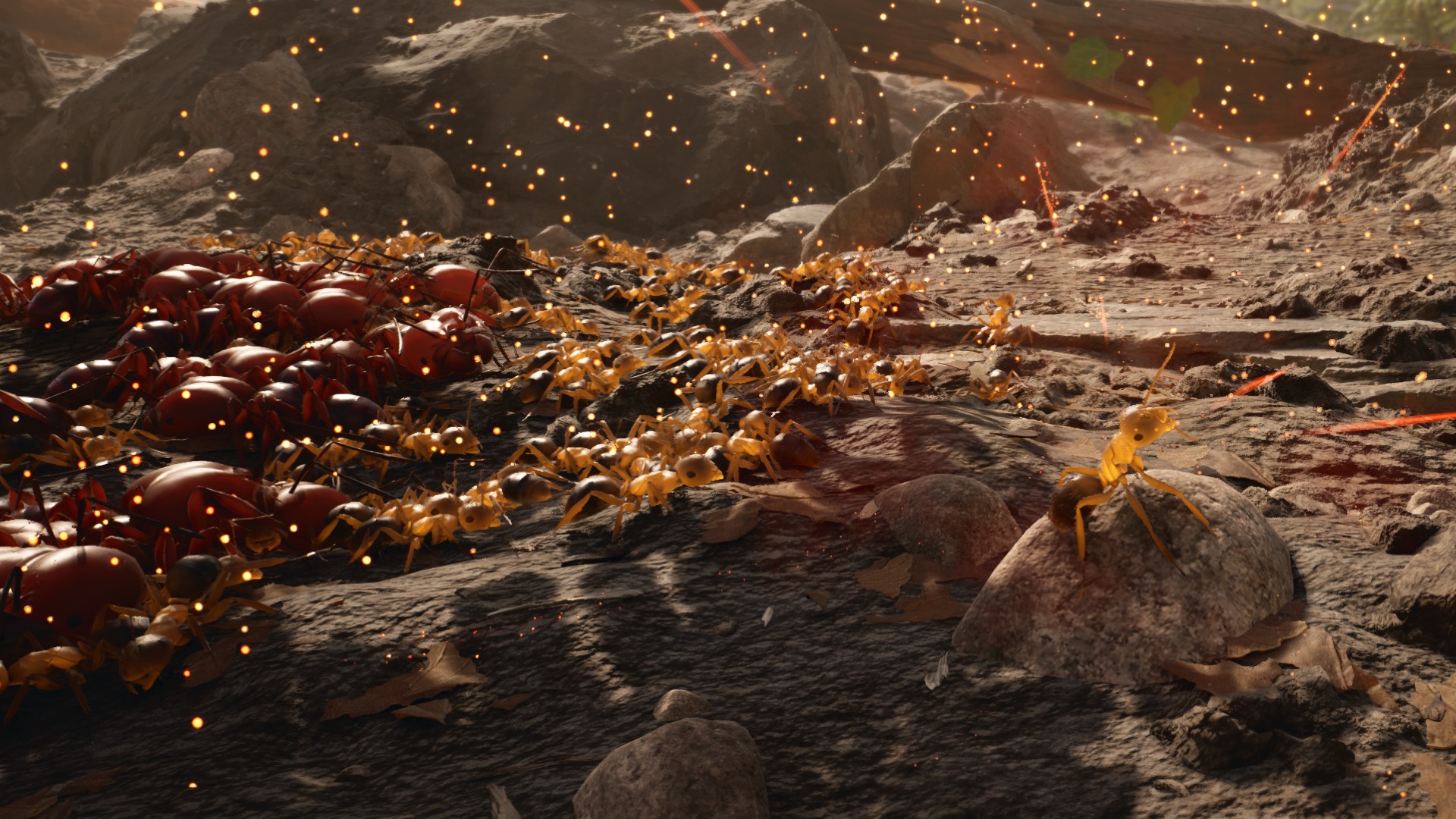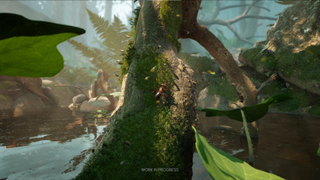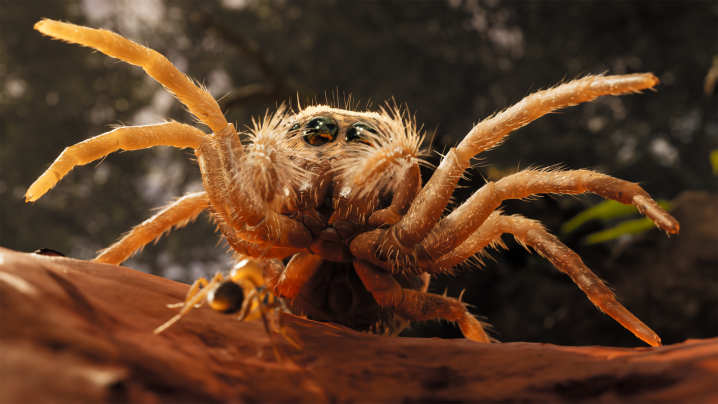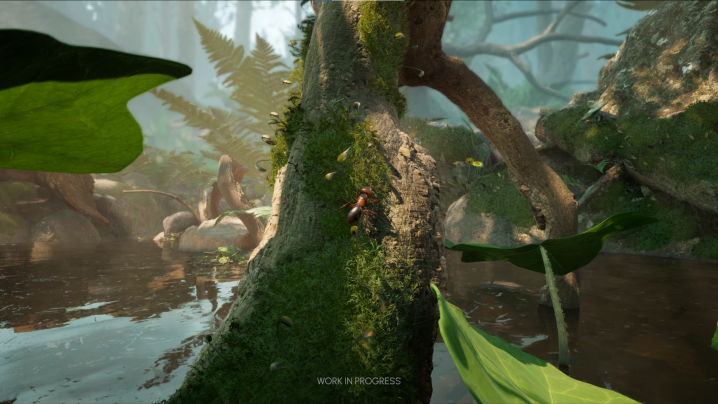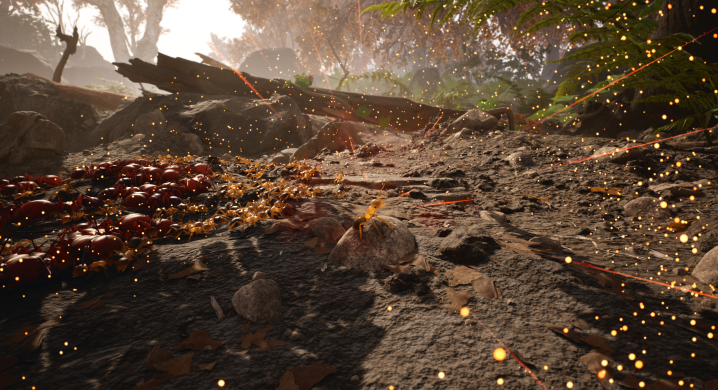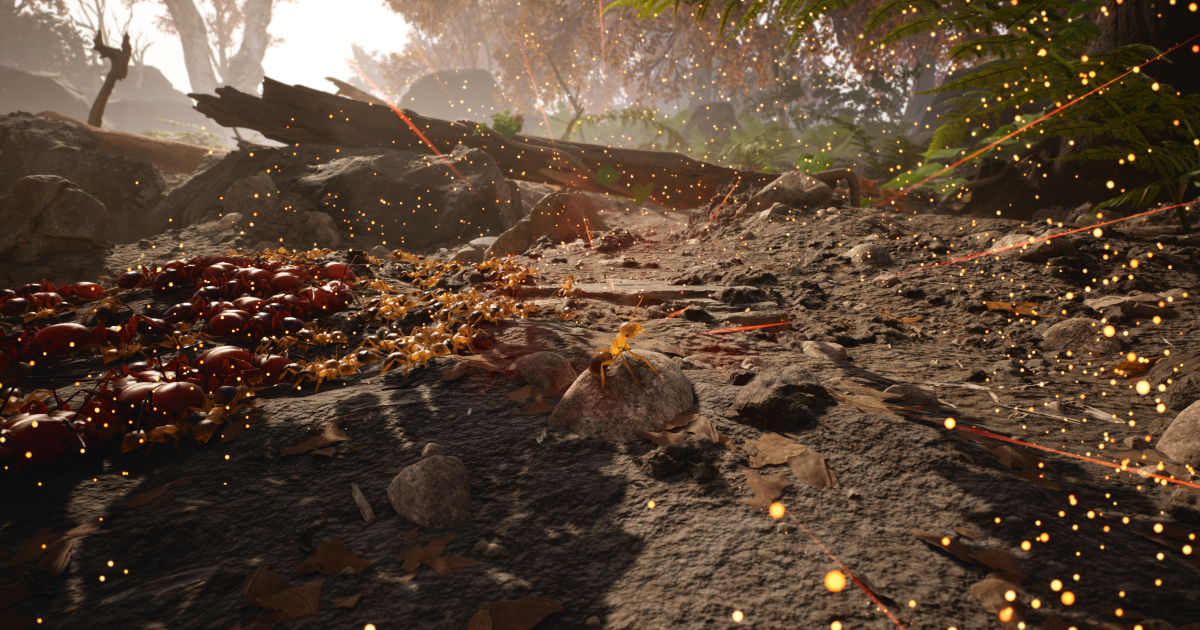
Empire of the Ants is a new strategy adventure game that puts players in control of an army of ants. The game is based on the novels by Bernard Werber and allows players to explore, expand, and extract resources in a large, near-photorealistic world that looks like it could be in someone's backyard. Players can command their ant armies from ground level with simple and intuitive orders that are fully modeled and simulated down to every individual ant. The game takes some cues from 2017's Empires of the Undergrowth but feels smoother, more intuitive, and cleaner. It is undoubtedly one of the best-looking RTS games I have played in years and one of the most exciting new prospects for 2024.
